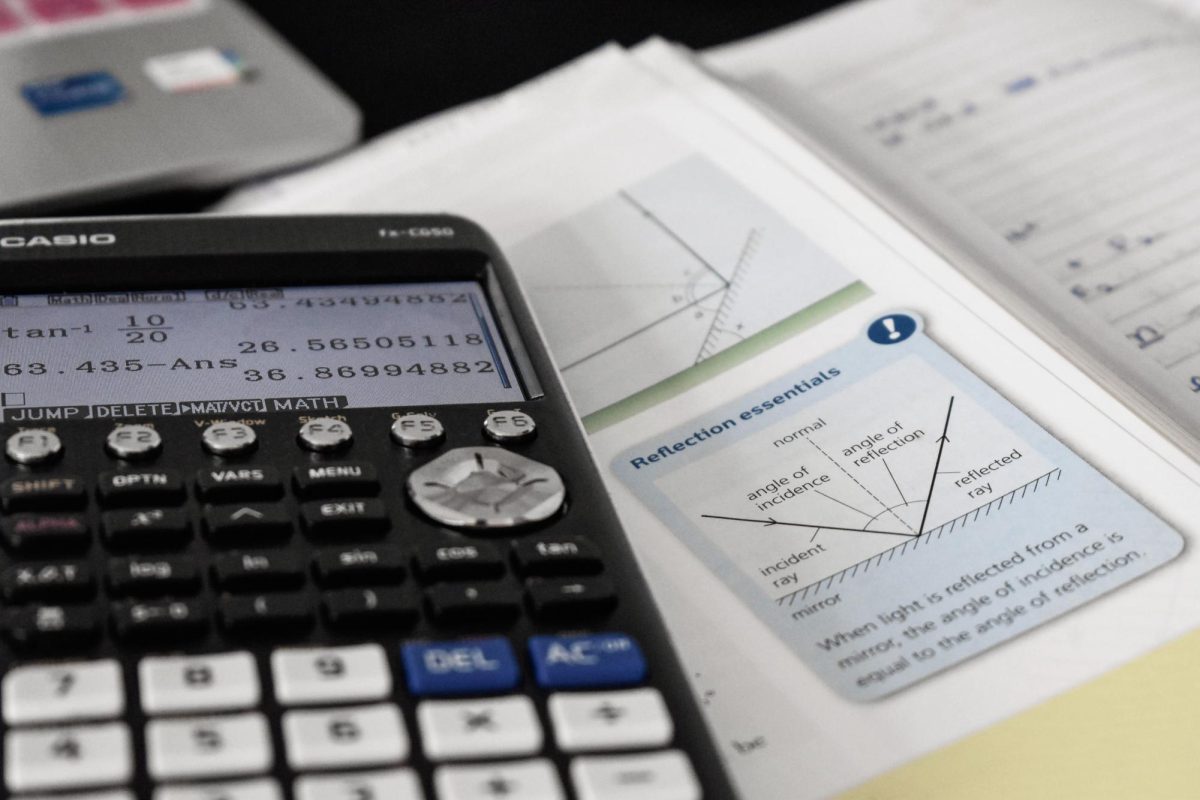The International Mathematical Olympiad, alternatively known as the IMO, is the dream competition for high schoolers who excel in mathematics. Students around the globe compete in it each year with hopes of winning the prestigious honor of gold, silver, or bronze medalist. Consisting of demanding problems from various math subjects with some questions that even experts cannot solve, the IMO is the most difficult math competition in the world for high school students. However, just last week, a new contestant stepped up to meet the challenge: AlphaGeometry.
AlphaGeometry is an artificial intelligence developed by Dr. Trieu Trinh, a computer scientist working at Google DeepMind. For years, artificial intelligence hasn’t been able to solve complex math problems and often went as far as claiming that incorrect answers (sometimes too confidently), were correct.
Fast forward to today, this newly developed technology can currently solve Olympiad geometry problems to the extent of a human IMO gold medalist. In fact, AlphaGeometry succeeded in finding a simpler solution to a problem from the 2004 IMOs that the experts hadn’t yet noticed. This artificial genius was able to solve a total of 25 Olympiad geometry questions out of 30 correctly whilst past advanced algorithms struggled through solving only 15 in a similar batch of 30 questions. Since only a third of the IMO consists of geometry, AlphaGeometry cannot yet complete an entire test but this profound development to AI surely excites scientists and mathematicians around the world.
This development of AI programs is certainly a big step towards getting to know more about AI and its capabilities. AI has already displayed promising skills in the field of language such as OpenAI’s GPT-4, known as large language models (LLM). The main reason why AI isn’t able to solve challenging math problems is that there is a limited amount of data LLMs are able to process at once. Thus, these models are unable to solve complex problems as the Olympiad-level problems require a large amount of understanding in the subject. AlphaGeometry has reached this level of thinking by possessing the ability to connect each question with other possible routes that can be taken to solve the problem and attempting the question on loop. “If AlphaGeometry is given a problem, a deductive algorithm first derives various properties from what is described,” Manon Bischoff explained in his article in the Scientific American, a renowned science magazine. “If the statement to be proven is not included, the LLM auxiliary objects. Through intensive training, the AI can decide to add a fourth point X to a triangle ABC, for example, so that ABCX represents a parallelogram, something that the program has learned from previous training.”
AlphaGeometry has displayed a certain level of critical thinking that surpasses the algorithms before it. Some believe that AlphaGeometry is already similar to AlphaZero, a previously developed chess algorithm, but it is important to note the differences between chess and math. Chess is mostly about patterns and analyzing the movement of pieces, a skill in which artificial intelligence can do easily nowadays. However, math requires a more creative approach, explaining the structure of nature and how things are what they are in their own place in the world using logical reasoning. Mathematicians have discovered only a small fraction of the world’s math currently and with the introduction of this new AI, it opens up discussions on how AI may be able to aid mathematicians in discovering new pathways. “Math is the language of truth,” Dr. Trinh said in his interview with The New York Times. “If you want to build an A.I., it’s important to build a truth-seeking, reliable A.I. that you can trust.”














































































































































